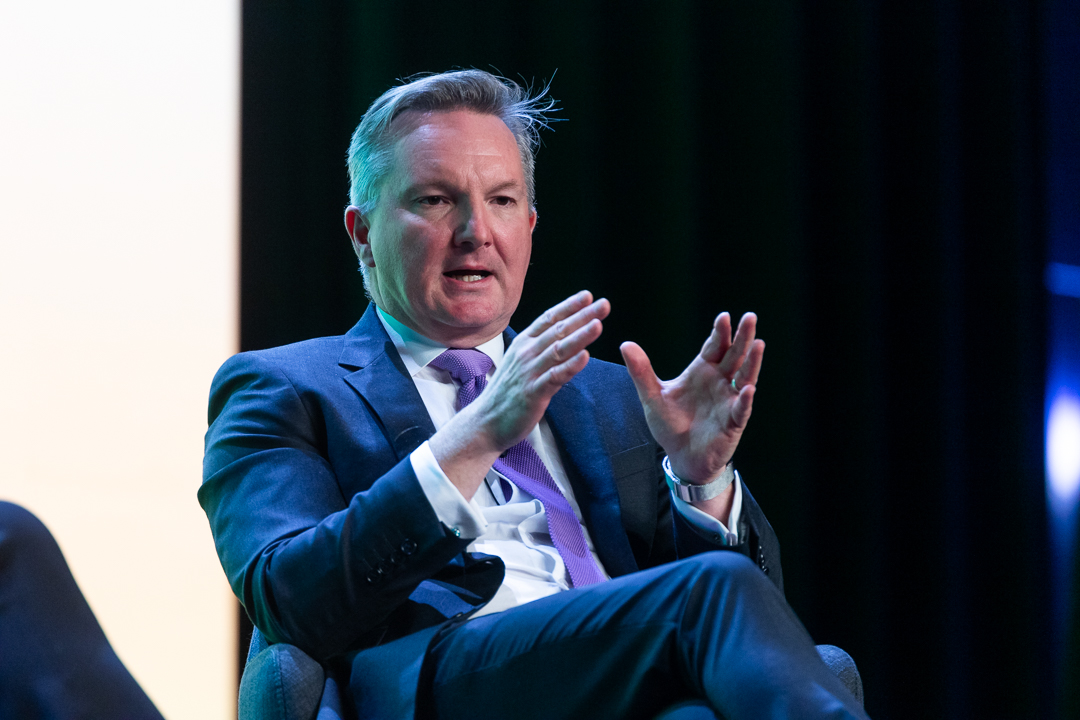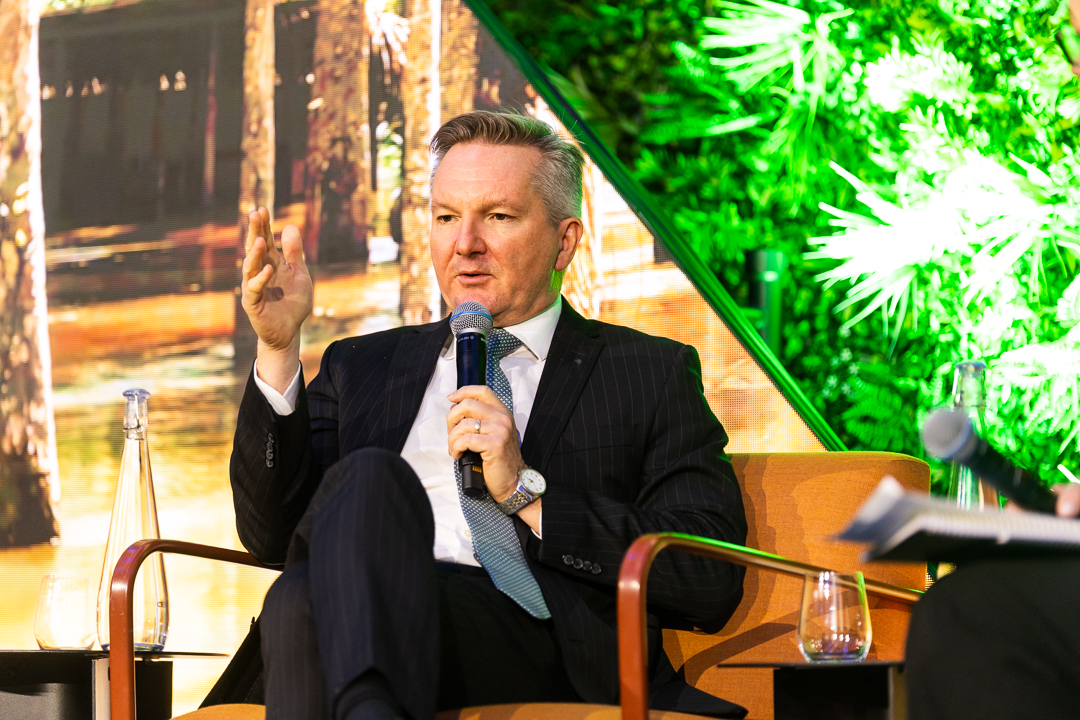Decarbonising the economy is crucial to delivering improved productivity, Climate Change Authority Chair Matt Kean told a Carbon Market Institute conference today.
Speaking on the opening day of the Carbon Market Institute’s Australasian Emissions Reduction Summit, Kean said that, as the federal Economic Reform Roundtable looms, “you could make a case that decarbonising the economy will be a seminal productivity enhancement”.
“On the flip side, not addressing climate change will guarantee our productivity goes backwards,” Kean told the summit in Melbourne.
“How productive will our workforce be amid rising heat and humidity?”
“Or how can our towns and cities or our mines or our ports prosper if supply lines get severed more often and with greater severity?”
Kean also called for “clear signals” about how the carbon market might evolve, noting that carbon credits would be required for a long time, in part because all businesses and industries have economically viable decarbonisation solutions.
“Added certainty would allow us to expand the supply of carbon credit units,” he said, adding that a recent EY study had concluded that Australia’s supply and use of ACCUs, including for export, could boost national income by $50 billion a year, by 2050.
In addition, Kean floated the possibility of giving tax deductions to farmers that are hosting clean energy infrastructure.
The co-founder of carbon markets business CORE Markets, Chris Halliwell, told the summit that “we no longer have to guess at the economic case for decisive climate action”.
“Deloitte’s analysis puts the cost of inaction at around US $178 trillion over the next 50 years, compared with a US $43 trillion net gain from accelerating the transition.”
“Officially, Australia claims responsibility for about 1% of global emissions,” Halliwell added.
“But if we include the emissions embedded in our exported coal and gas, our share jumps to 4.5% – and could reach 9.1% by 2035. That’s 9.1% of the remaining global carbon budget of roughly 200 gigatonnes of CO₂.”
Victoria’s Minister for Climate Action, Lily D’Ambrosio, noted that Victoria has set an emissions reduction target of 75% to 80% by 2035 and net zero by 2045, and urged the federal government to “be bold” and ambitious in setting its 2035 target.
The Minister also signalled the release in the next few months of the state’s next five-year Climate Change Strategy, as well as updated sector emissions reduction pledges.
Founder and Chair of the WA-based Ngadju Conservation Aboriginal Corporation, Leslie Schultz, warned against ignoring the need to limit temperature rise to 1.5 degrees.
First Nations peoples are rights holders, and must be “front, centre and leading” in efforts to fight climate change, he said.
Carbon Market Institute interim chief executive Kurt Winter told the summit that Australia’s focus “needs to be on accelerating towards net zero – on making the most of these crucial next few years”.
“The scientific window for action is narrowing, and this extraordinary opportunity must not be squandered,” he said.
“Strengthening Australia’s market-based mechanisms will be critical to ensuring an efficient and effective transition. This includes strengthening the reformed Safeguard Mechanism and improving National Electricity Market settings”, Winter highlighted among a suite of other policy reforms.
He also highlighted the opportunity for the Australia government to embrace a leadership role on the international stage as Australia plans towards a COP31 Presidency in partnership with its Pacific neighbours.
“Australia must choose to stand as a champion of international cooperation – open to genuine partnerships with our Pacific neighbours and trading partners across the Asia Pacific region.”



